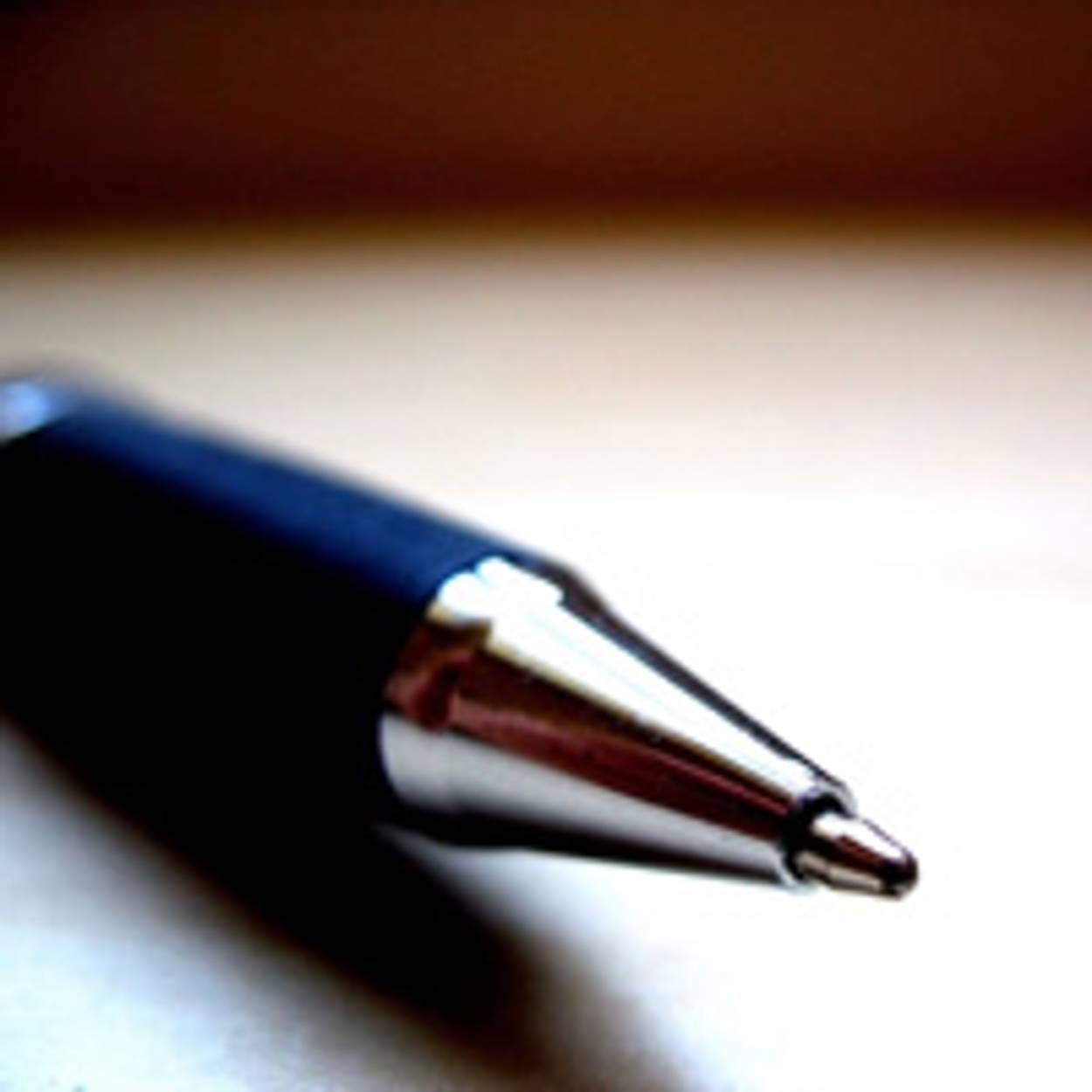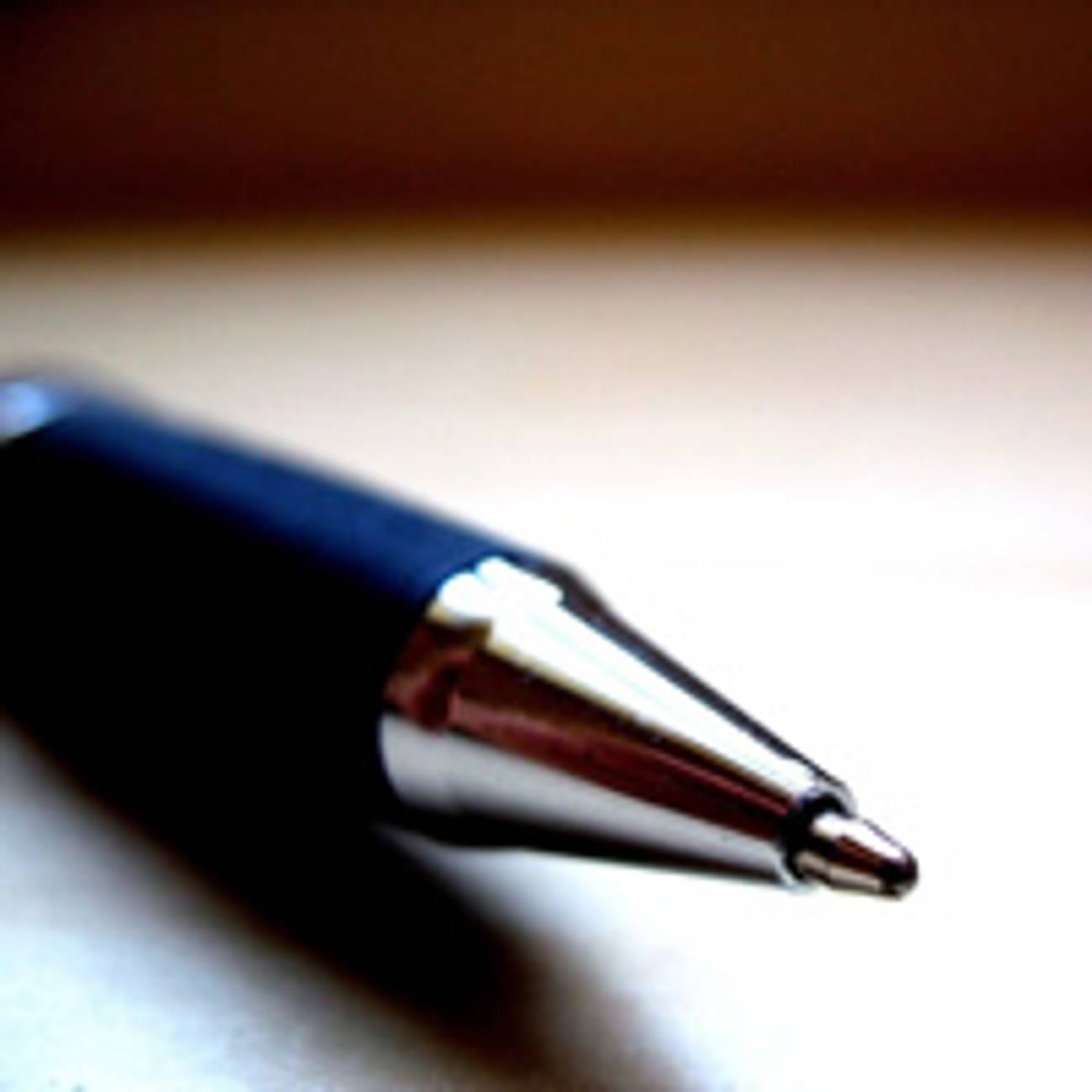Labor of Love
An editor looks back on 50 years at the helm of a leading Israeli literary magazine




Nearly 50 years ago, during Passover of 1959, the first issue of the Israeli literary journal Achshav was published. Achshav (“Now”) was the brainchild of an elite group of Hebrew University literature students who dreamt of creating an influential literary review. Among them were the young poets Yehuda Amichai and Natan Zach, as well as founding editors Baruch Chefetz and Gabriel Moked. At 32 years old, Amichai was the eldest of this group of close friends, who—at the time—were all relatively unknown. Today, as Achshav celebrates its jubilee year, Moked, now 74 and a philosophy professor at Ben-Gurion University, still speaks of his lifelong project with a youthful spark.
“We represented the modernism and the existentialism of the first generation of the state of Israel’s literature and culture, and we wanted to create something that would be of central importance in Israeli culture,” he says. Sharp and meticulous, the veteran editor’s speech is peppered with “isms” and “ists.” But despite his tough demeanor and obvious intellect, Moked is also blanketed by a kind of sadness.
Over the years, Achshav has undoubtedly been the premier journal of its kind in Israel, as well as the platform upon which many of Israel’s great poets and writers made their debuts. The journal continues to receive thousands of submissions every year, each of which Moked himself takes the time to read and consider. He has identified potential time and time again, with Amichai, Zach, David Avidan, Yona Wallach, Dahlia Ravikovitch, Amos Oz, and A. B. Yehoshua being only a few of the many writers who began their literary journeys on the pages under his purview.
Moked, who calls himself a “literary cowboy,” has also managed to butt heads with nearly every literary figure in Israel.
Moked, who calls himself a “literary cowboy,” has also managed to butt heads with nearly every literary figure in Israel. He filled Achshav‘s very first issue with controversial criticisms of celebrated poet Natan Alterman, and has since mired himself and his journal in decades-long battles with other journals, editors, and writers—battles that have diminished the journal’s influence, even as it may have increased Moked’s own notoriety. Bitterly, he claims that he has been “boycotted” by the literature departments of every Israeli university.
Though deliberately not tied to any political party, Achshav was criticized by the right wing as destroying national values, and by the left as promoting socialist Zionism. The first issue received terrible criticism, but it was very widely discussed. “That gave us a lot of exposure,” Moked says wistfully. “Those were wonderful days.”
The name Achshav comes from the title of Yehuda Amichai’s book Now and in Other Days, which was published shortly before the journal’s founding. “Natan Zach and I sat in a Tel Aviv pub drinking beer and trying to think of a name for the journal,” Moked remembers. “The book came up in our conversation, and suddenly at the exact same time, we both jumped off our stools. Achshav means that we deal with the here and now, but that our present also includes the biography of our past and anticipations of our future.” The journal, which he still edits, also represented the literary meeting point between Israelis of Ashkenazi and Mizrahi origin, with its founders and early contributors coming from a variety of different backgrounds.
While Moked believes his journal is still the most important literary review in the country, he accepts that it is no longer at the center of Israeli cultural dialogue. He laments the cultural changes that have occurred in Israel over the years, and scorns those things that he sees as having usurped Achshav‘s role—things like rampant materialism and reality television. “We were a part of the birth of a new literary generation—Israel’s founding literary generation,” he says. “We did not know that one day this country would turn into a place where people would only be interested in money.”
Achshav began with a circulation of 2,000, and after surges and slumps along the way, has today returned to this modest number. Each year, Moked and his colleagues publish one extensive journal and three smaller cultural review magazines. Narrower in scope than the annual journal and largely reliant on young writers and critics, these magazines seem to represent an attempt to reformulate Achshav in accordance with the interests of young readers. Consistent with Moked’s tendency to go against the grain, the most recent issue featured a strong critique of David Grossman’s new novel Until the End of the Land, taking issue with the quality of his writing and character development.
The journal’s historical importance is uncontested in Israeli literary circles, but it’s hard not to wonder whether—like so many literary publications around the world—it really has much influence outside its niche. “People today feed on widely published material. They look for instant sensory stimulation, and not for the kind of quality found in Achshav,” Moked admits. But he says he isn’t worried: “As long as I am around, Achshav will continue to be an important part of Israel’s literary scene.”